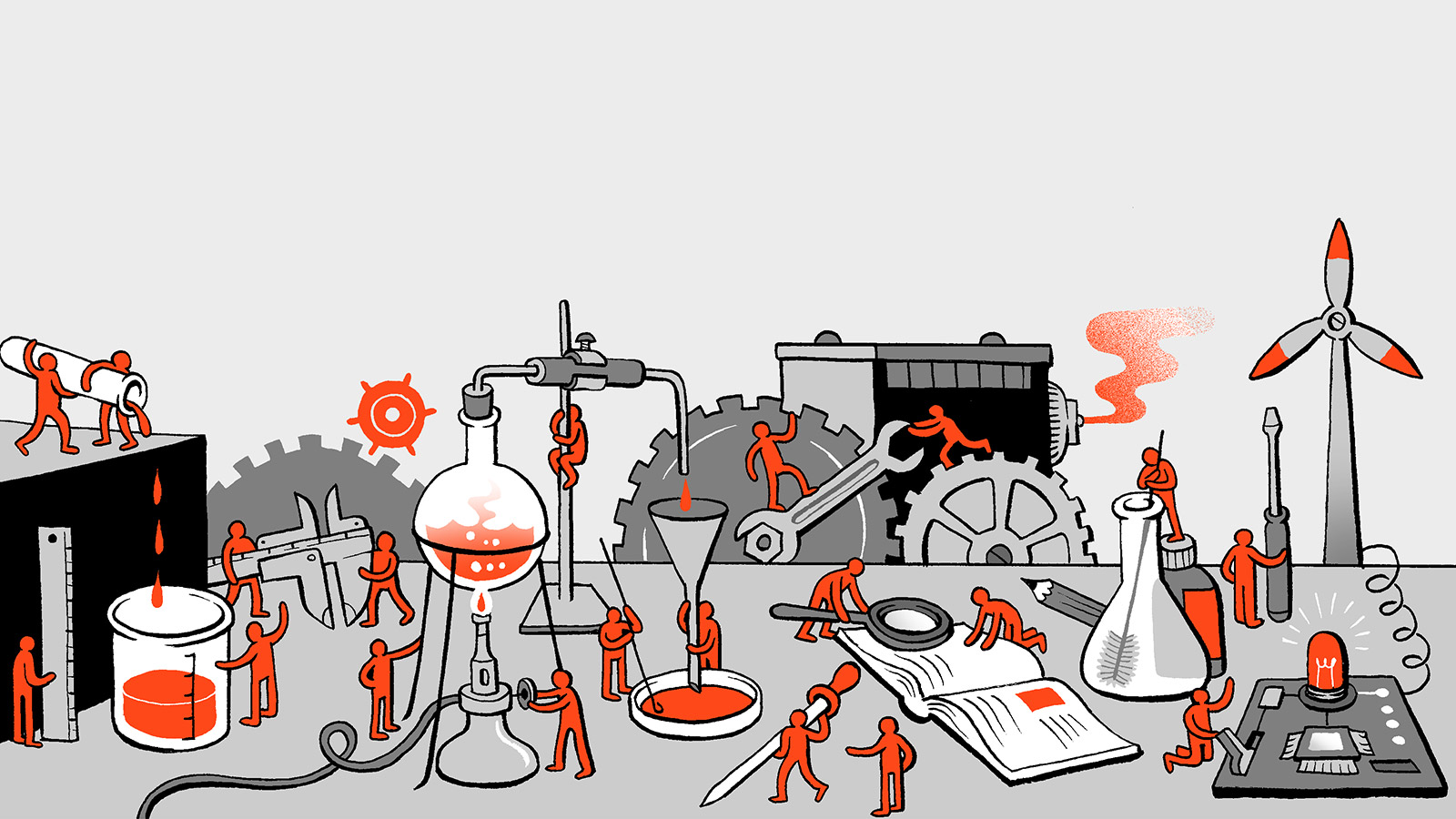You've just returned home from the Lying-In Hospital in Boston bearing a beautiful normal baby boy. You and the father let out a quiet sigh of relief — everything went alright, the future looks bright, true happiness is yours. In a few days, however, a message arrives from Dr. Stanley Walzer, a child psychiatrist...
Tag - volume 6
Suppose we can and do read the small print, what does it tell us? Carrageenan, glycol monostearate, BHT, diglycerides, propylene glycol alginate! Most of us are none the wiser. Although It was a great triumph when consumer pressure forced the Federal Drug Administration (FDA) to require listing of non-foods on food...
In the following series of statements we have attempted to contribute to our understanding of scientific workplaces. Hospital and research laboratories are very different. Different workers may have quite different motivations and expectations. Unionization can substantially improve wages and solidify class...
Where did this concern about health and safety grow out of? The issue itself has existed for a long time. Public concern with toxic effects of chemicals created fertile soil in which workers' complaints about conditions inside the plant grew. The threat that workplace hazards might leak into the community was another...
The impetus for our meeting can be traced back to last Fall's Eastern Regional Conference where it was decided that people in the local chapters should take a close look at problems of "sexism, racism and elitism." The Boston chapter then held two general meetings about "Interpersonal Relations and the Class Struggle...
The authors find that the conventional reasons given for the rise of (male) professionals are myths. The professional takeover of health care in both epochs occurred before there was any real scientific superiority of the practicing professionals. If anything, the medical craft practiced by (female) lay healers...
A feminist perspective would not hail new technological developments as "liberating" because it would realize that the oppression of women is not the result of biology but of the social constructs around it. In this respect, it is paradoxical that the excesses of an impersonal technology developed by males in a sexist...
John Stewart raises the important question of the relation between a scientific method, and politics and their psychological effect on the scientist in his laboratory. He describes a personal viewpoint, but invites readers to suggest what can be done by progressive scientists to ameliorate the situation today while...
Last summer a number of us began to work as a support and education group in the area of computers. Some but not all of us were members of SESPA; we included people in math and sociology as well as computer workers. So far, we have worked on two specific projects: development of a mailing list program for processing...
Computer programmers and other computer specialists are about to become professionalized after fewer than thirty years as a distinct occupational group. What makes the professionalization of programmers especially interesting is the fact that programmers are about to be professionalized behind their backs. In fact...


